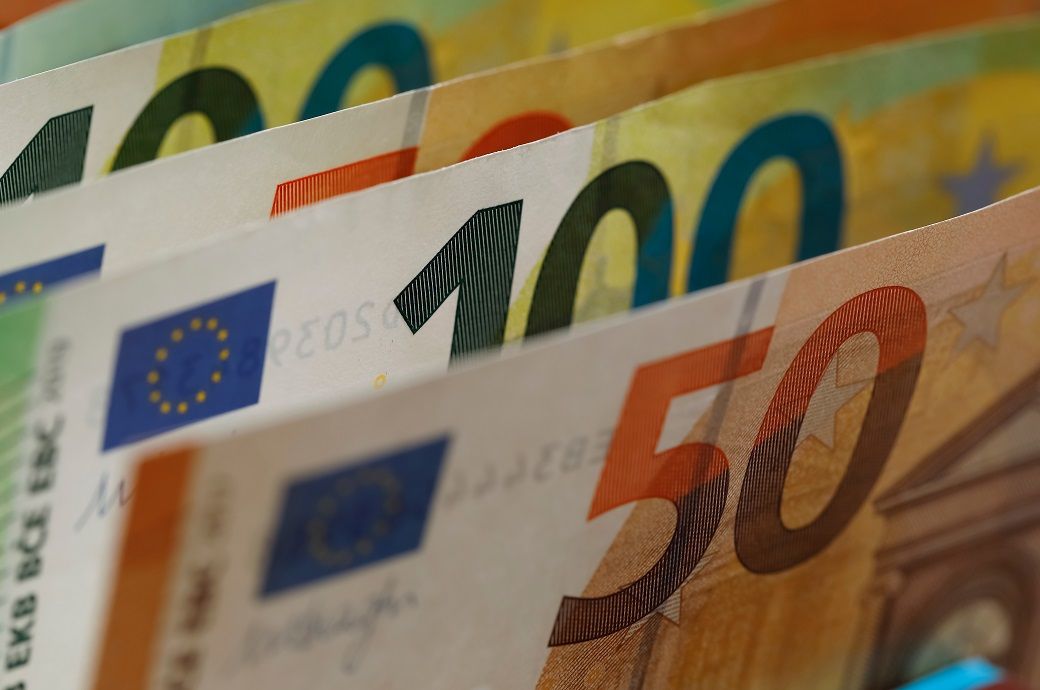
Notably, inflation expectations remained well below the perceived past inflation rate, particularly at the three-year horizon. Uncertainty about inflation expectations 12 months ahead reached its highest level since the start of the survey in April 2020. Inflation perceptions and expectations were closely aligned across income groups, but younger respondents (aged 18-34) continued to report lower inflation perceptions and expectations than older respondents (aged 55-70).
Economic growth expectations for the next 12 months declined slightly to minus 1 per cent in March 2023, from minus 0.9 per cent in February. In line with these lower expectations for economic growth, expectations for the unemployment rate 12 months ahead increased to 11.7 per cent, compared with 11.5 per cent in February. Consumers continued to expect the future unemployment rate to be higher than the perceived current unemployment rate (11.3 per cent). The lowest income quintile reported the highest expected and perceived unemployment rates, as per ECB’s Consumer Expectations Survey.
Consumers expected their nominal income to increase by 1.3 per cent over the next 12 months, up from 1.2 per cent in February. Expected nominal income growth declined for older consumers (aged 55 and above) in March 2023, while it increased for younger consumers (aged 18-34). Perceptions of nominal spending growth over the previous 12 months rose to 7.1 per cent, from 6.6 per cent in February. Expectations for nominal spending growth over the next 12 months increased to 4.1 per cent, from 3.9 per cent in February. The developments in perceptions and expectations about nominal spending remained largely aligned across income and age groups.
Fibre2Fashion News Desk (DP)